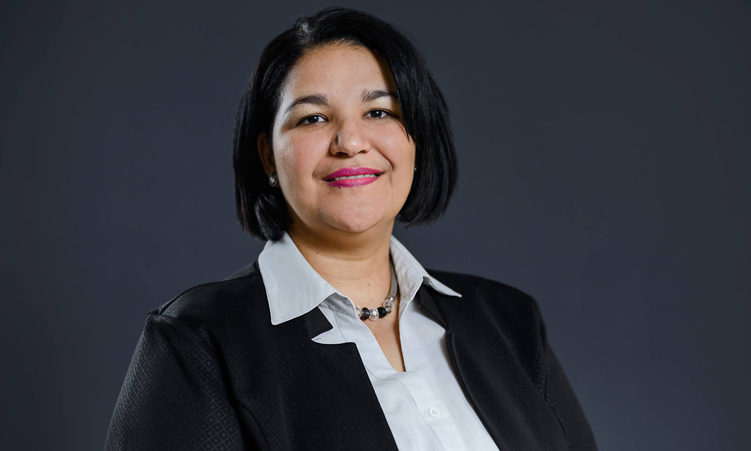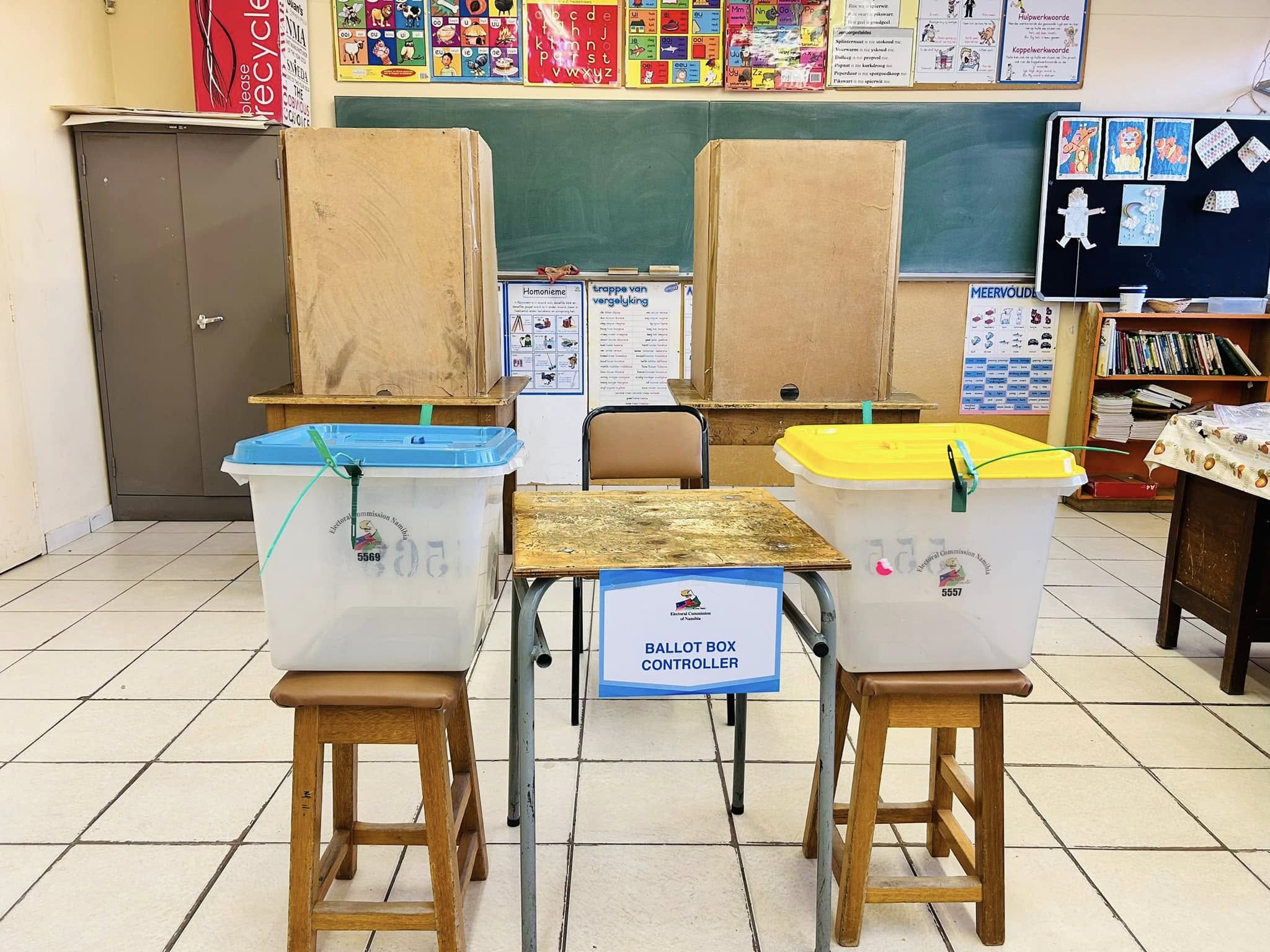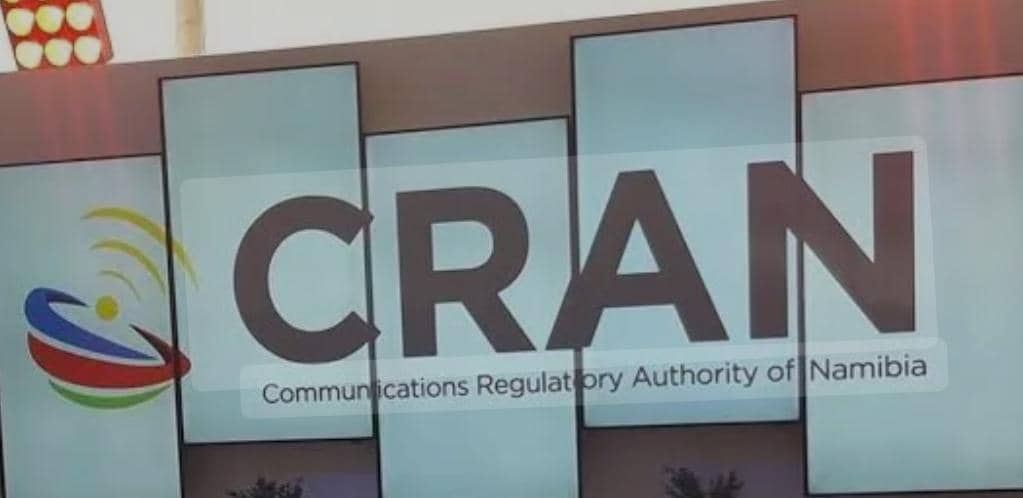The Namibia Qualifications Authority (NQA) has urged all education and training providers to ensure their institutions and qualifications are accredited.
In a media release yesterday, NQA acting chief executive Harmoni Beukes said this benefits both the institutions and the students as they prepare for the 2025 academic year.
“Accredited institutions draw public confidence to enroll and carry no risk of wastage of funds and time invested by students,” Beukes said.
Accreditation signifies that an institution meets NQA standards and possesses the capability to deliver quality education. This builds public trust, encouraging enrollment and assuring students their investment is worthwhile, she said.
“All training providers in Namibia offering courses leading to qualifications are obliged to apply for accreditation by the NQA,” she added.
The NQA holds sole authority for accrediting educational entities in Namibia, as mandated by the Namibia Qualifications Authority Act (Act 29 of 1996).
“It is also worth highlighting that the NQA does not engage in the registration of institutions of higher learning, as that function is vested upon other relevant entities within the higher education fraternity,” Beukes said.
NQA accreditation verifies an institution’s ability to effectively deliver courses, assess student performance and certify acquired competencies. Accreditation is mandatory for all training providers offering courses leading to recognised qualifications in Namibia.
According to Beukes, training providers can obtain application forms at NQA offices or from their website (www.namqa.org). The application requires supporting documents and a self-evaluation to ensure adherence to accreditation standards.
Processing typically takes three to six months, depending on information availability and current circumstances, she added.
The NQA’s statement came after the Health Professions Councils of Namibia (HPCN) announced in the media recently that an educational institution named Divine Health Institute has been inviting candidates for several courses, including nursing, pharmacy and emergency care, while none of its courses had been approved by the HPCN.
“As a result, no student enrolled in such courses at Divine Health Institute will be allowed access to patients for practical training and no holder of a qualification in such fields from the same institution will be allowed to practise a healthcare profession in Namibia,” the HPCN noted.
Stay informed with The Namibian – your source for credible journalism. Get in-depth reporting and opinions for
only N$85 a month. Invest in journalism, invest in democracy –
Subscribe Now!






